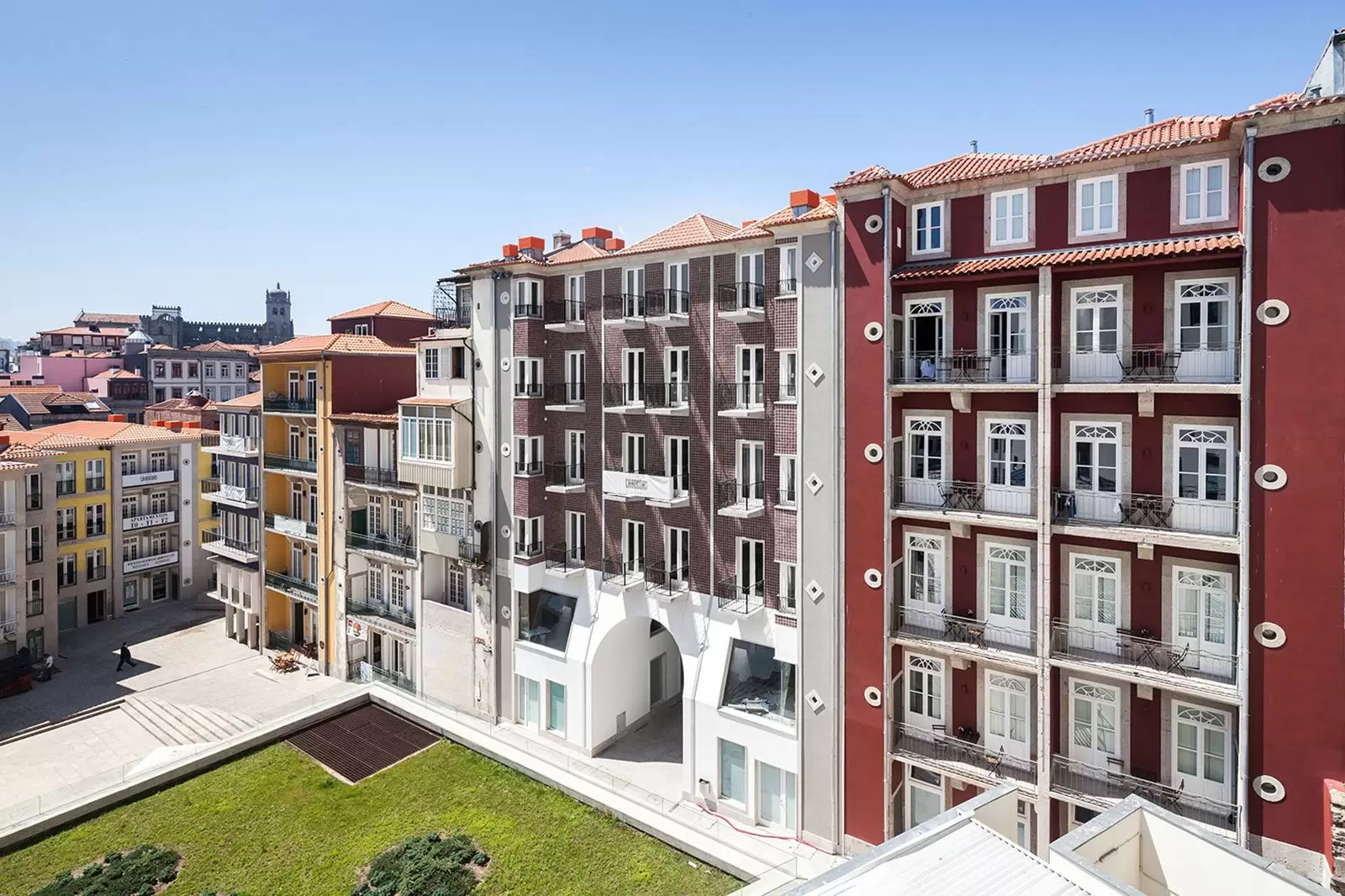by Premier Living
12.02.2020

Imagine you live in a rented property and the landlord decides that they want to sell it. Do you, as a tenant, have to authorise the landlord to allow visits to the property? This is the subject of today’s real estate legal practice, and many of the problems we face are related to the rights and duties of tenants and landlords.
There are two conflicting interests. On the one hand, those of the tenant concerning the right to rest and the family home, and on the other hand, those of the landlord, who wants to increase their chances of selling the property by allowing visits from real estate agencies and possible interested parties.
Insured by the law firm BAS for idealista/news, this text was written following questions posed by readers.
Rental contracts are largely dictated by the will of the parties, so there is ample scope for them to define the conditions under which their contractual relationship will be governed.
This means that the parties can establish an obligation for the lessee to allow access to the property by real estate agencies and third parties who may be interested in its acquisition. However, this clause must be drafted based on reasonableness criteria, as the right to rest and family life of the tenant and their family members may be in question.
If such rights are unreasonably and disproportionately affected, such a rental clause can be considered null and void.
However, practice tells us that these contractual terms aren’t common in the Portuguese legal system, so it is important to consider what happens if the rental contract says nothing about it.
The answer tends to be negative, renting for housing purposes implies the obligation of the landlord to provide the enjoyment of the rented property, i.e. the landlord must make the property available so that the tenant can live. However, if nothing else is stipulated, it is understood that the tenant can freely enjoy the property, on the terms contracted. Therefore, they have the right not to be harassed by the landlord or third parties, except as expressly provided by law.
But this is not always the case if the rental contract is about to cease, whether, by agreement of the parties, termination, expiration or termination, the tenant is obliged to provide access to the property during the three months prior to the vacancy, at a time to be agreed with the landlord, in accordance with paragraph 3 of Article 1081 of the Portuguese Civil Code.
If the parties don’t agree on when visits to the property will take place, the rule set out in Article 1081 (4) CC applies, i.e. for visits scheduled for working days, these must take place between 17:30 and 19:30, and weekends from 15h to 19h.
* Please discuss all the issues with us and/or with your lawyer
share:
Three vaccination centres ready to open in Algarve
Bonfires
IUC rebates